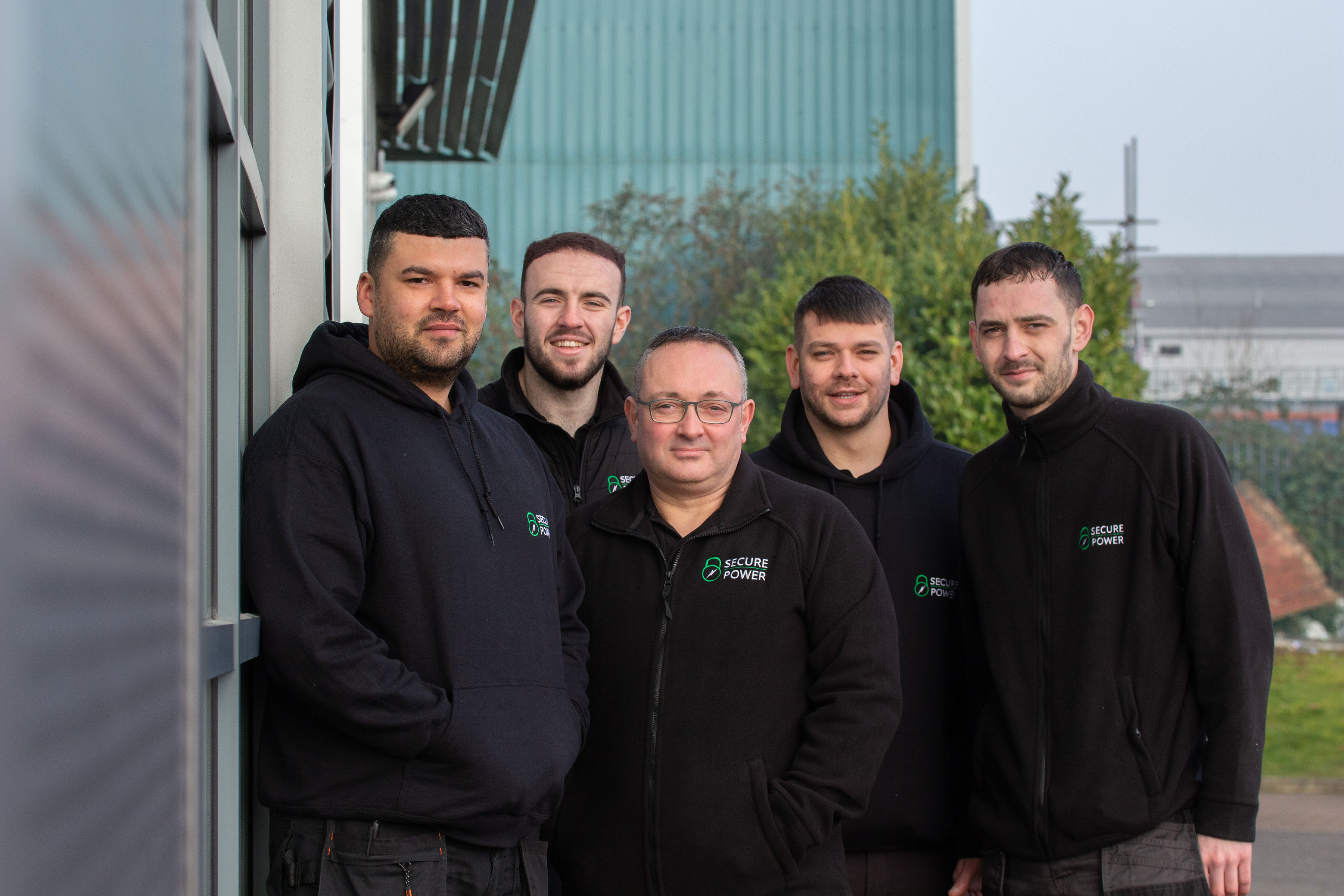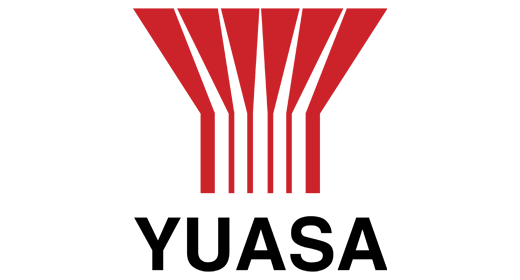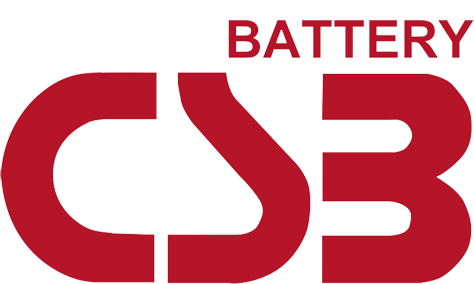Why Certified Engineers are Vital for UPS Installations
In the rapidly evolving digital world, the importance of Uninterruptible Power Supply (UPS) systems has soared, especially in the United Kingdom. These systems play a pivotal role in ensuring that your critical operations continue unimpeded, even during power abnormalities or outages. However, the performance and reliability of your UPS system significantly hinge on its professional installation and commissioning. This is where Secure Power Ltd steps in, ensuring your UPS systems work optimally when you need them the most.
Today, we're going to journey through the world of UPS, exploring the integral role of qualified, certified engineers in installing these sophisticated systems. We'll also shed light on the latest trends in the UPS market and how choosing the right UPS service provider, like Secure Powe, can make all the difference.
Understanding Uninterruptible Power Supply (UPS)
Uninterruptible Power Supply, better known by its acronym UPS, is a crucial pillar in running smooth operations in homes and businesses alike. It's a hero of the electronic world, often overlooked until a power outage strikes and the importance of a continuous power supply is fully realised. But what exactly is UPS? And why is it so vital?
What is UPS?
UPS is essentially a system designed to provide power to electronic equipment in the event of a power outage. It acts as an intermediary between the main power supply and your electronic devices, ensuring a steady supply of power, regardless of any dips or surges in the main power supply. A UPS doesn't just provide power during a power outage, it protects sensitive electronic equipment from damage due to power inconsistencies and prevents data loss. Astoundingly, these systems can switch to backup power in mere milliseconds, making the transition seamlessly unnoticeable.
Why UPS is Essential
Consider the ripple effect of a power failure in a data centre or a security system – the subsequent loss of data or breach in security could be catastrophic. That's where UPS systems come into play. They offer an uninterrupted power supply to these critical systems, allowing them to continue functioning smoothly during power outages. Unexpected power disruptions are hence mitigated, preserving the integrity and functionality of these systems.
The financial benefits of UPS extend beyond power backup; these systems are an investment in safeguarding essential institutions against potential losses due to power disruptions.
Industries that Require UPS
UPS systems are fundamental across a myriad of industries. Data and call centres rely heavily on UPS to prevent data loss. Imagine a call centre with hundreds of active conversations cut short due to a power outage, or a data centre losing months of invaluable data due to a split-second power blackout. The losses both in revenue and customer trust would be colossal.
Simultaneously, industries housing sensitive electronic equipment, such as healthcare, telecommunications, and manufacturing, require UPS systems to protect their expensive and crucial equipment. Office blocks, too, typically teeming with computers and servers, find UPS systems invaluable to maintain operation during power disturbances.
In today's hyper-connected and data-driven world, UPS systems are more than just a luxury - they're a necessary shield, offering protection against the unpredictability of power supply hitches. Incorporating UPS systems is not merely about keeping the lights on; it's about securing operations, protecting investments, and ensuring continuity in a world that increasingly relies on uninterrupted power.
Modern Trends in the UK UPS Market
The Uninterruptible Power Supply (UPS) market is currently experiencing unprecedented growth worldwide. With a forecasted reach of USD 22.14 billion by 2031, this market is booming, catapulting from a size of USD 9.85 billion in 2021 with an impressive CAGR of 7.1% expected during the period. The UPS market in the UK is no exception to this development, with several emerging trends spearheading its growth. At the centre of these advancements is a growing emphasis on sustainable power solutions and technological efficiency, transforming the traditional landscape of this sector.
Without a doubt, the pace at which our society is becoming more interconnected and digital, data is invaluable. And so is the power that sustains it. Today, businesses across the UK cannot afford power interruptions that would lead to data losses, equipment damage, or operational disruption. Hence, the demand for reliable and efficient UPS systems has skyrocketed.
- Sustainability and Energy Efficiency: One of the leading trends in the UK UPS market includes an increased focus on sustainable and energy-efficient products and practices. This trend reflects businesses realising the need to reduce their carbon footprint and improve their energy management, which is both a cost-effective and environmentally friendly measure.
- Advanced Battery Technology: As the UK delves deeper into the sustainable path, advanced battery technologies such as Lithium-ion and Nickel-Zinc have gained traction. These offer long-lived, safe, and recyclable UPS solutions that extend the product lifecycle and reduce the need for frequent replacements.
- Scalability: In an era where businesses are rapidly evolving, scalability has emerged as vital for a UPS system. Scalable UPS systems are designed to adapt to changing power requirements, providing organisations with lasting solutions to their growing power needs.
- Smart-UPS Systems: Driven by the digital revolution, the UK UPS market is leveraging advanced technologies, such as Artificial Intelligence (AI) and the Internet of Things (IoT). These intelligent systems enable predictive maintenance and precise power consumption estimates, ensuring better product longevity and operational efficiency.
Interestingly, the future of UPS backup power is brighter than ever. While these current trends continue to shape the UPS market landscape in the UK, it's worth noting that this sector's prospects extend far beyond these. As the world becomes more digital, and as sustainability becomes more critical, we can only expect the importance of efficient, effective, and eco-friendly UPS systems to grow.
The UK UPS market is certainly headed for an exciting future. The preliminary shifts towards energy efficiency, digital intelligence, and sustainable options are just the beginning. It's explainable why the UPS Market is expected to grow exponentially, and it's clear that the trends driving this growth are here to stay.

The Role of Qualified & Certified Engineers
In an increasingly connected world reliant on stable and uninterrupted power supplies, the role of qualified and certified engineers has never been more critical. These individuals carry the expertise required to install, commission, and maintain Uninterrupted Power Supply (UPS) systems. When it comes to securing a reliable energy source for your business operations, these engineers' value cannot be overstated.
Importance of Proper Installation & Commissioning of UPS Systems
Installing and commissioning UPS systems isn't a task for amateurs. An improper setup compromises not only the performance and lifespan of your UPS system but also poses an operational risk. Few realise the intricacies involved in such installations, including the understanding of power load requirements, correct sizing, and ensuring backup during power problems.
- Your business electricity demand may fluctuate throughout the day, and it's crucial to estimate the peak power needs accurately.
- Sizing the UPS system correctly implies you won't over-type the system, leading to unnecessary costs, nor under-size it, which could spell disaster during a high-power-demand period.
- Maintaining a stable power supply even during outages heavily depends on the UPS system's setup quality.
As highlighted above, these factors make the proper installation and commissioning of these systems a job better left to professionals.
Role of Certified Engineers in UPS Installation
Qualified and certified engineers play a crucial role here. They not only bring specialised knowledge and experience, but also ensure adherence to safety standards and industry best practices during installation. The works of certified engineers result in a UPS system tailored to your exact needs, along with minimised risks and peace of mind for the business owner.
- Certified engineers conduct accurate power assessments, ensuring your UPS system is prepared to handle your business' peak demand perfectly.
- With deep knowledge of different UPS models and their capacities, these engineers can size the system correctly to balance efficiency and cost.
- Their expertise guarantees your setup can deliver a stable power supply, even in the event of power disruptions.
By choosing the route of qualified engineers, you embrace not just technical expertise, but also practical experience and professional standards. All these elements highlight the significant role these specialist engineers play in the proper installation and commissioning of UPS systems.
Remember, power failures aren't just annoying; they pose a significant threat to businesses' operations, particularly those that rely heavily on computer systems. Proper UPS installations by qualified and certified engineers ensure accurate assessment of power requirements, proper sizing, and reliable power supply. In today's world, these professionals play a vital role in ensuring the continuous operation of our businesses and, indeed, our lives.
Sophisticated UPS Systems
In the realm of optimising power management solutions, Sophisticated Uninterruptible Power Supply (UPS) systems offer businesses a lifeline against power hiccups and outages. These systems showcase advanced features that promise not just uninterrupted business operations but also considerable cost savings. From the highest level of protection with superior power conditioning to right-sized operations that raise efficiency, UPS systems reach new heights of sophistication in our tech-savvy world. With options like Online UPS systems and Modular UPS systems, the playing field just got a lot more exciting.
Online UPS Systems
Consider the Online UPS systems as your business's safety net in a perilous rope walk over uptime difficulties. With a remarkable feature set, they offer the highest level of power protection available in the market.
- They ensure a continuous power supply, eliminating the risk of power failure.
- These systems provide constant power conditioning, securing you from power surges, dips, and complete blackouts; perfectly thriving in a world where even a microsecond can make a difference.
Further enhancing their appeal, Online UPS systems also stand out for their power efficiency. They testify that you don't need to trade-off between power protection and power saving. But what do you do when you wish to further optimise your power use? That's where Modular UPS Systems come into the picture.
Modular UPS Systems
Modular UPS systems are the epitome of flexibility in power management. This technology opens a whole new avenue for businesses to stay agile amidst the ever-evolving demand trends, ensuring you a refreshing perspective and effective power solutions.
- With these systems, you have the power to right-size your operations based on current demand.
- They provide enhanced efficiency, managing your power use better than ever before.
- Not to mention, they significantly lower the operating costs of UPS systems, making them ideal for a bottom-line-conscious marketplace.
When seeking these power solutions, take a moment to consider Secure Power's broad range of Uninterruptible Power Supply units. Our offerings are a holistic experience, offering not just uninterrupted power, but a proven promise of investing in reliability with an array of options like Online and Modular UPS systems.
Optimising UPS Systems
N+1 or Parallel UPS Configurations
In a world that increasingly relies on digital platforms, any disruption to the power supply can lead to significant downtime and substantial financial loss. Thus, improving the reliability and efficiency of your Uninterruptible Power Supply (UPS) systems is a critical business decision. One effective strategy is using N+1 or parallel UPS configurations.
A UPS system arranged in an N+1 configuration provides impressive redundancy. It involves having one extra power module than needed, hence the term N+1. This extra module steps in if there is a failure in one of the other modules, ensuring the continuity of your power supply. This extra layer of protection can prove invaluable for businesses where uninterrupted power is critical.
Parallel configurations are another strategic choice, offering both redundancy and scalability. Like N+1 setups, they are known for their reliability, but they stand out due to their scalability. They can accommodate an increasing power demand, which is particularly useful in rapidly growing businesses.
Energy-saving Features of UPS Systems
The efficiency and longevity of UPS systems can be significantly enhanced by making use of energy-saving features. These features not only reduce energy consumption but also decrease heat generation, resulting in a longer service life for the UPS. Moreover, reducing power consumption aligns with global sustainability initiatives, making it an environmentally friendly solution as well.
Remote Monitoring of UPS Systems
In today's fast-paced business environment, being able to monitor your UPS systems remotely is a tremendous advantage. Services like IoT monitoring make this possible. These platforms help you manage various UPS systems across multiple sites, providing critical insights into their operation. Through remote monitoring, potential issues can be flagged before they escalate to serious problems, mitigating the risk of unplanned downtime.
In sum, optimising UPS systems through strategic configuration, leveraging energy-saving features, and implementing remote monitoring can significantly improve their reliability and efficiency, resulting in a consistent power supply and mitigating the risk of costly interruptions.
Choosing the Right UPS Service Provider
Choosing the right Uninterruptible Power Supply (UPS) service provider is an essential business decision that can significantly impact your organisation's productivity, data security, and overall peace of mind. An efficient and reliable UPS system is the backbone of mission-critical tasks, ensuring that your business infrastructure stays unaffected during power interruptions. Thus, it's imperative to partner with a provider that empowers these crucial operations.
Consider these key aspects to evaluate the proficiency of a UPS service provider:
- Experience & Reputation: Providers with an established track record in delivering UPS solutions are generally more reliable. Their experience allows them to anticipate and confront potential problems more effectively.
- High-Quality Equipment: Look for a provider who emphasises the quality of their UPS systems, ideally ones that have been tested and certified to meet industrial standards.
- Exceptional Support: Your provider should offer comprehensive customer service, including professional installation, regular maintenance, and prompt troubleshooting.
- Customised Solutions: Every business's power requirement is unique. Thus, the provider should be capable of offering tailored UPS solutions that meet your specific power needs.
- Resilience and Scalability: As your business grows, so too will your power needs. Choose a provider that offers scalable solutions and has the resilience to meet your growth requirements.
It may take time and intentional effort to find the right UPS provider, but doing so can save you considerable stress and expenses in the future. For more guidance on selecting the right UPS system for your business, consider our guide on Choosing the Right UPS.
Remember, the right provider will not just offer you a UPS system; they will provide a comprehensive solution that bolsters your business continuity plan, ensuring your operations run smoothly, even in the face of unexpected power interruptions.
Conclusion
Ensuring the efficiency, reliability, and longevity of your business's Uninterruptible Power Supply (UPS) systems is a complex task – one that requires a specialist touch. From the selection of the right UPS systems to their proper installation, commissioning, and routine maintenance, every step demands a level of expertise and proficiency that only certified engineers possess.
In our increasingly digital world, where the downtime of even a second can lead to significant financial losses, remedial measures aren't enough. Prevention is crucial, and it starts with choosing the right UPS service provider.
With over a decade of experience in the field, Secure Power has shown commitment to excellence, with its team of fully trained and certified engineers, who not only understand the nuances of different UPS systems but also know the value of your business assets.
By offering a wide range of flexible preventative maintenance packages, regular backup power health checks, and direct access to genuine UPS parts, Secure Power ensures that your UPS systems stand the test of time, providing you with resilient power protection when you need it the most.
The strength of a chain is measured by its weakest link. Make sure that your power backup system is not that link. Take the first step towards a more secure and efficient power system with Secure Power. Explore the best in UPS solutions today.
Frequently Asked Questions
-
What are the benefits of using fully qualified and certified engineers for the installation and commissioning of uninterruptible power supply (UPS) systems?
Using fully qualified and certified engineers ensures that the installation and commissioning of UPS systems are done correctly and in compliance with industry standards. It reduces the risk of system failure, improves reliability, and ensures optimal performance and efficiency of the UPS.
-
Why is it important to choose Secure Power for the installation and commissioning of UPS systems in the UK?
Secure Power is a trusted and reputable company with a team of fully qualified and certified engineers who specialise in the installation and commissioning of UPS systems. They have extensive experience and knowledge in the field, ensuring that your UPS system is installed and commissioned to the highest standards.
-
What certifications should the engineers have for the installation and commissioning of UPS systems?
The engineers should have certifications such as Schneider Electric Aptitude, and Riello UPS Certified Engineer. These certifications demonstrate their expertise and competence in installing and commissioning UPS systems.
-
Can I install and commission a UPS system myself without qualified engineers?
While it may be possible to install and commission a UPS system yourself, it is not recommended unless you have the necessary knowledge and expertise. Improper installation and commissioning can lead to system failures, inefficiency, and potential safety hazards.
-
What are the potential risks of not using qualified engineers for the installation and commissioning of UPS systems?
Not using qualified engineers for the installation and commissioning of UPS systems can result in system failures, reduced efficiency, increased maintenance costs, and potential safety risks. It may also void warranty and insurance coverage.














